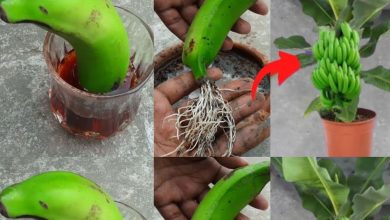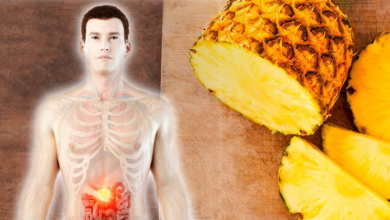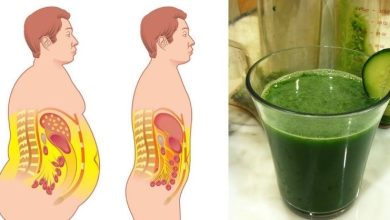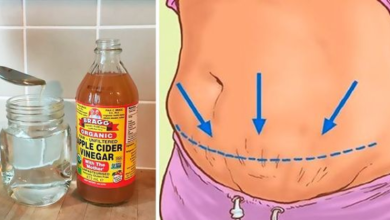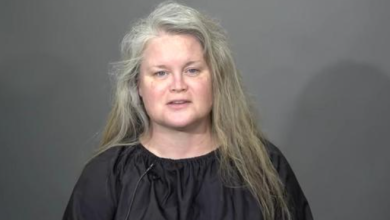A doctor has explained what it means if you need to use the bathroom right after eating.
While it might be a bit awkward to discuss, everyone does it—yes, we’re talking about poo. And if you often find yourself rushing to the toilet after eating, you’re not the only one, as shared by a doctor on TikTok.
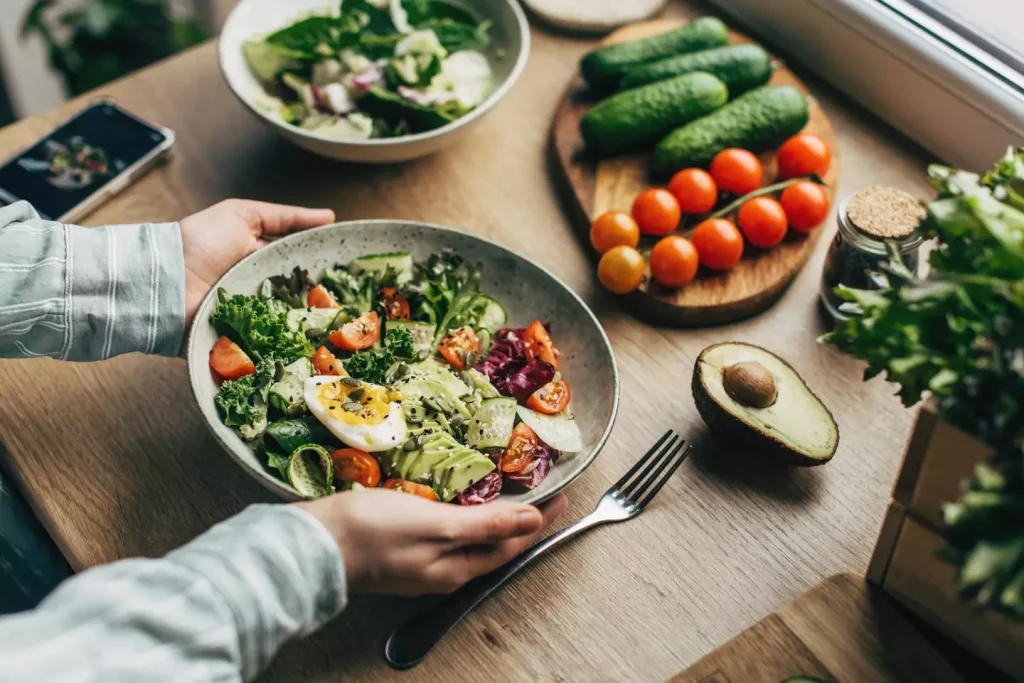
What does it mean?
The statement explains a phenomenon known as the “gastrocolic reflex.” Dr. Joseph Salhab, a board-certified gastroenterologist, shared on TikTok that if you feel the urge to use the restroom immediately after eating, it’s not because the food is quickly moving through your digestive system.
Instead, it’s due to the gastrocolic reflex, which is a natural physiological response. This reflex occurs when the stomach stretches after eating, signaling the colon to make room for the new food, which can create the urge to have a bowel movement soon after eating.
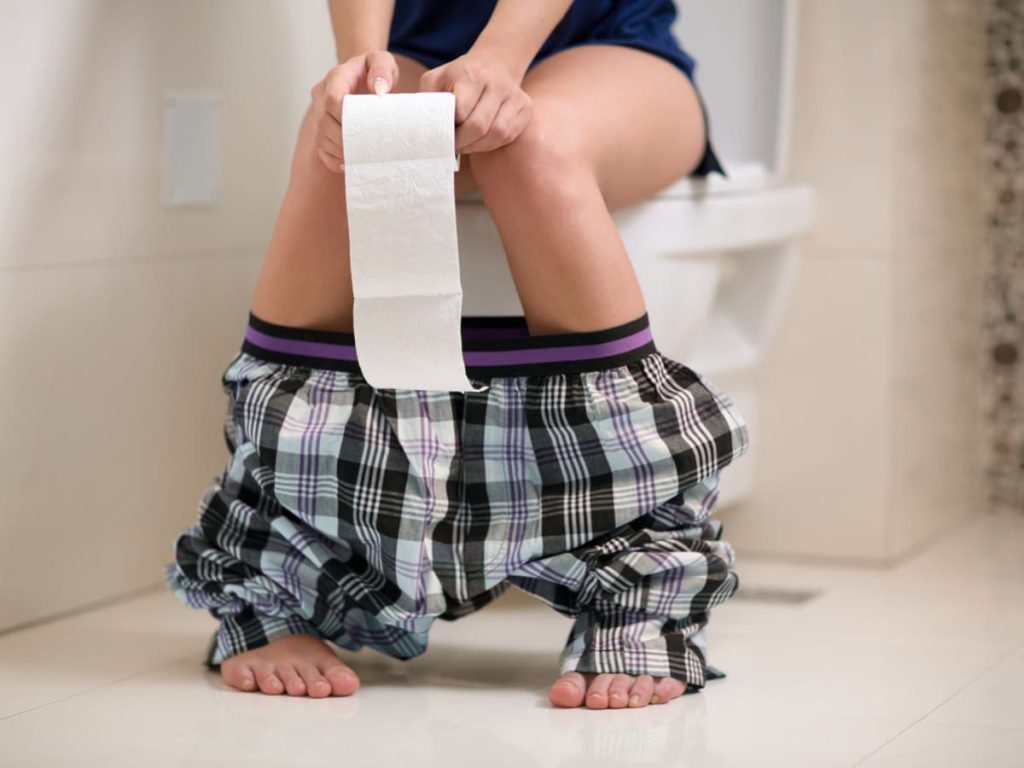
What the gastrocolic reflex means
The gastrocolic reflex is a natural physiological response that triggers movement in the lower gastrointestinal (GI) tract after eating, as explained by VeryWell Health. It is not a disease or medical condition but a normal reflex that allows the body to make room for additional food within the GI tract after a meal.
Dr. Salhab further clarifies that when the stomach stretches, it sends signals to the brain, which in turn communicates with the colon. This leads to the colon contracting to create space for the new food, which is why some people feel the need to use the restroom right after eating. The substances being expelled are typically old digested food and water, as the colon usually contains stool and water.
Some individuals experience a “heightened sensitivity” to this reflex, making them more likely to feel the urge to go to the restroom shortly after meals.
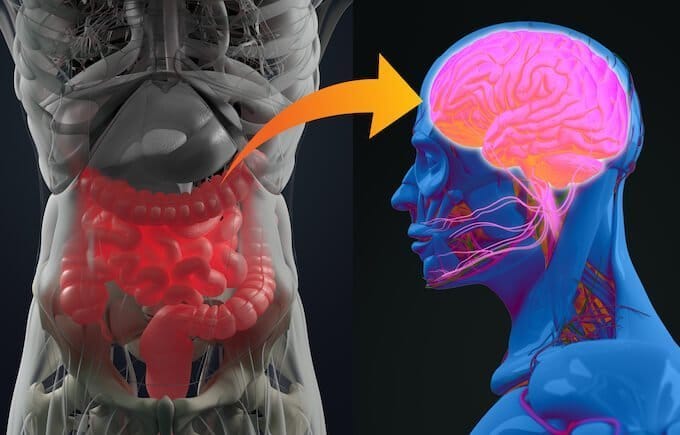
Heightened Reflex
Individuals diagnosed with irritable bowel syndrome (IBS) often experience an especially sensitive gastrocolic reflex.
According to Cleveland Clinic, IBS “causes uncomfortable or painful abdominal symptoms,” with “constipation, diarrhea, gas, and bloating” being common signs of the condition.
Dr. Salhab explains, “Certain people after they eat get really bad abdominal pain or cramping and even diarrhea because the contractions of the colon can be very powerful and very forceful.”
Nonetheless, there are several strategies you can implement to help alleviate your symptoms.
@thestomachdoc Do you poop immediately after eating? This is why it happens. #diarrhea #poop #ibs #ibstok #guthealth #guttok
Advice
A low FODMAP diet (which stands for fermentable oligosaccharides, disaccharides, monosaccharides, and polyols) is designed to help identify foods that may be sensitive to your gut.
Dr. Salhab also suggests avoiding “carbonated beverages, alcohol, certain citrus foods, sometimes dairy, and fried or fatty foods” — in other words, many of the foods we love.
However, he emphasizes that there’s no “one-size-fits-all” solution, as everyone’s digestive system is unique. The low FODMAP diet simply serves as a tool to help pinpoint which foods work for you and which don’t.


